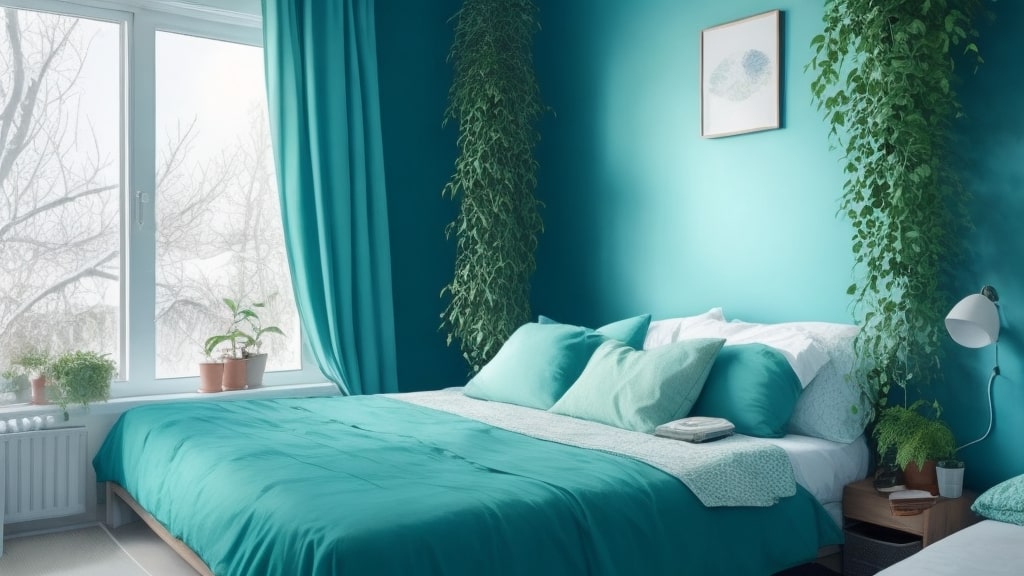
In the winter of 2022-2023, European countries began to abandon Russian gas. To reduce the consumption of natural gas, European countries are trying different approaches, including reducing the temperature in homes to 18 ° C in winter. And in the summer - limiting the use of air conditioners, which, in turn, naturally leads to an increase in the temperature in homes. These are roughly the same goals for 2030 in a recent report by the International Energy Agency, in order to prevent a critical development of global warming.
What temperature is normal?
In general, yes. 18 ° C in the living space are officially considered acceptable or even recommended by various organizations in all these cases we are talking about the living space, where people for a long time can not move particularly; in areas where people work physically, it is normal to maintain a temperature of 13 ° C.
Moreover, according to various studies, in the UK, for example, the average temperature in homes is already quite low (although higher than in the 20th century) - 19-21 ° C. In Sweden - 21-22 ° C. In Germany - from 16 ° C in the bedroom to 21 ° C in the living room (but landlords must maintain winter temperatures of 20-22 ° C).
Low room temperature can only be detrimental to health if the temperature is less than 18 ° C - then, apparently, blood pressure rises, mortality increases and the risk of cardiovascular and respiratory disease increases, not to mention hypothermia. Lowering the temperature can also affect people with cold urticaria - in some of them even room temperature provokes the development of symptoms.
Is reduction in the temperature is harmful to health?
For the health of most people, no.
People with certain chronic illnesses and conditions (asthma, chronic obstructive pulmonary disease) and older people may need to stay at temperatures slightly higher than 18°C. Particularly because older people have poorer thermoregulation, it may be harder for them to notice that they are overcooled, get up and put on something warm, or turn up the heat. And while there is no good data to support the effectiveness of slightly increasing the temperature in these people's homes, British experts recommend that, at the very least, older people consider such an option.
All other people at 18 ° C can certainly feel discomfort, but that's all. And it is possible to adapt to such an environment. Moreover, it is believed that people from one year to 64 years without chronic diseases can feel well at a slightly lower temperature, provided that they are active enough during the day and at night they cover themselves with a warm blanket.
Temperatures closer to the lower limit of normal have advantages. For example, the risk of sudden infant death syndrome increases if the baby overheats.
Is it necessary to ventilate at low temperature?
Ventilate all the same, so that the air in the room remains clean (of course, if the windows do not face the highway - then probably help air purifiers or air intake ventilation with a filter). Doing this is recommended when you get stuffy. In principle, 15-20 minutes a couple of times a day may be enough.
What can be the highest (and yet not dangerous) temperature in the room?
The report of the International Energy Agency suggests such norms - 24-25 °С. That is, at this level, air conditioners should maintain the air temperature on average.
At this temperature, most people should have no problems, especially since it is still possible to adapt. In some cases, however, the increase in habitual air temperature can have a bad effect on health.
For example, in most people with multiple sclerosis, even a slight increase in body temperature can lead to a worsening of symptoms. Therefore, patient organizations believe that it is better to stay in a room where the temperature is no higher than 20 ° C, so as not to overheat.
Can people adapt to changes in room temperature?
Gradually. You can get used to both the heat and the cold. People get used to the heat in a week or two. To do this, you need to increase the amount of time you spend in the heat day by day. Indoors, this means gradually reducing the activity of the air conditioner.
To get used to the cold, you need to harden yourself (yes, it works, but, apparently, not for the prevention of SARS). You can start right now, but it is important to do it regularly, otherwise the effect will wear off.